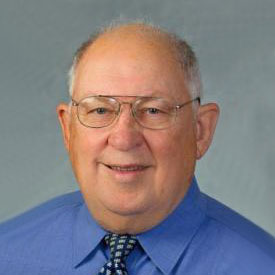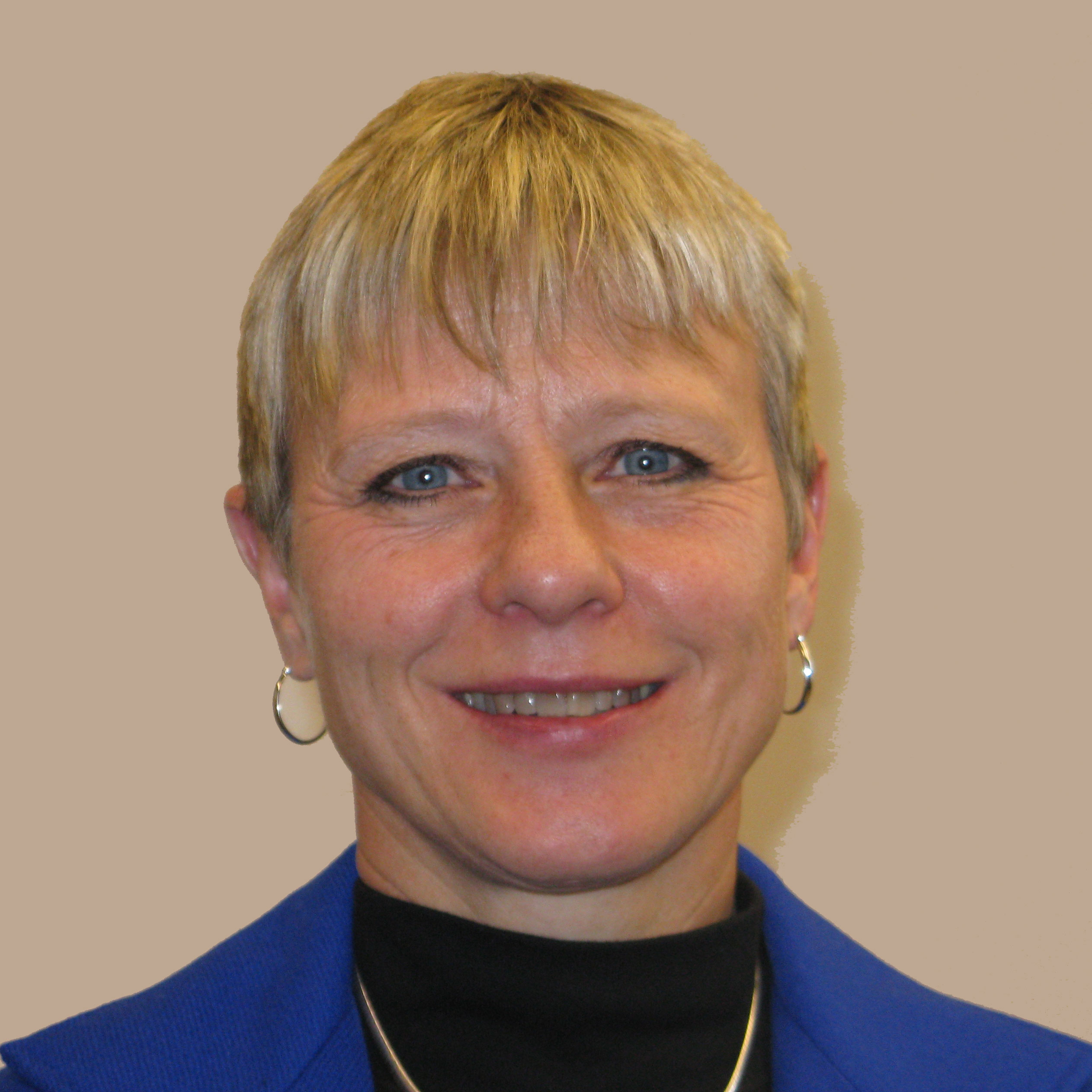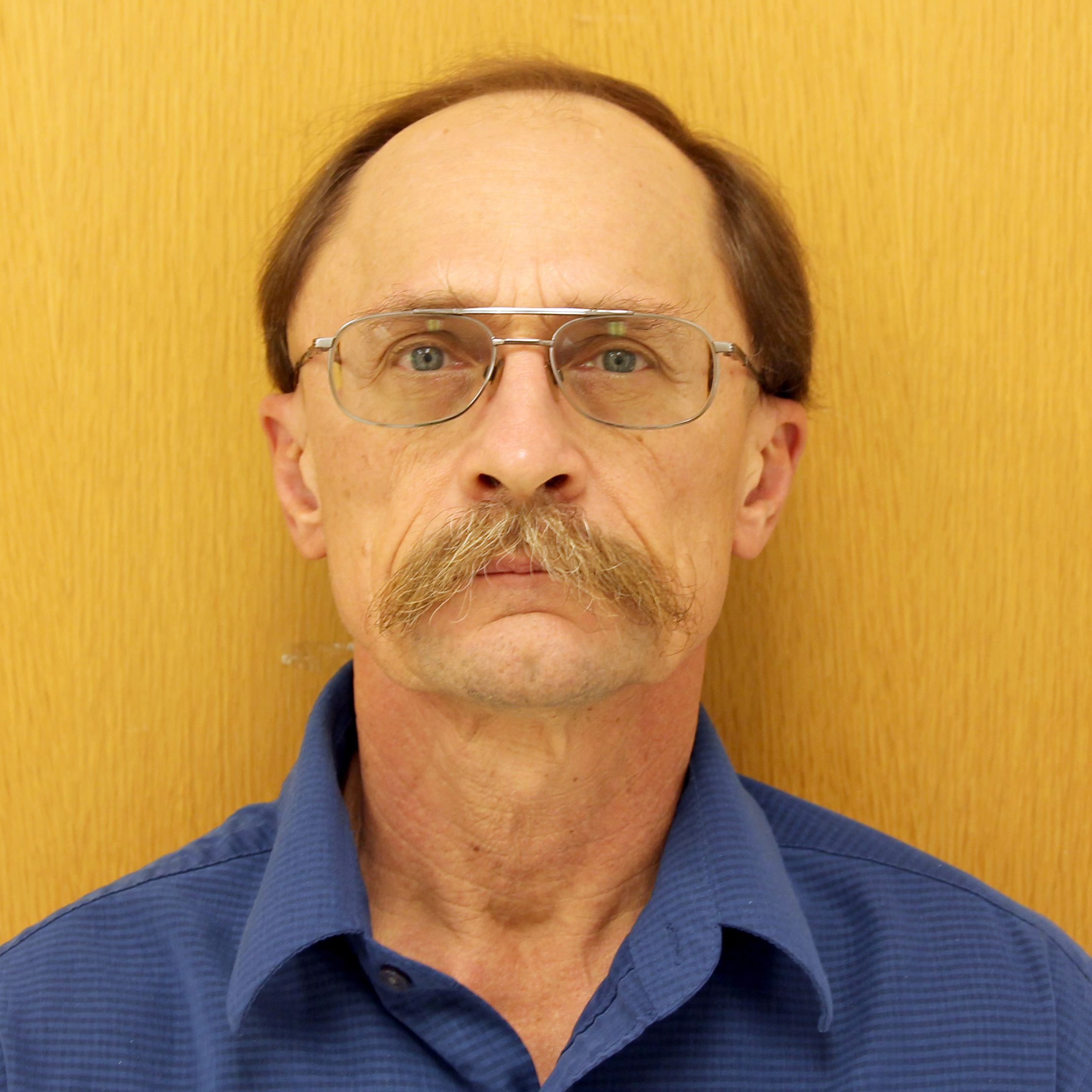Coordinating Committee
The function of this group is to oversee and coordinate the work of the feed composition and modeling groups, to advise the National Academies on critical national priorities, and to provide a forum to address research support needs.
Committee Members

Phil S. Miller

Luis O. Tedeschi

Ryan N. Dilger
Feed Composition Subcommittee Chair
University of Illinois
Swine & Poultry Nutrition

Merlin Lindemann

Gary Cromwell

Joel S. Caton

Nancy A. Irlbeck
Washington State University
Comparative Nutritionist, Small Ruminants
(970) 222-5820

Donald C. Beitz

Delbert M. Gatlin III

Carey A. Williams

Brian C. Small

Arthur L. Goetsch
Objectives
Recommend initial makeup of the Modeling and Feed Composition Committees to the Administrative Advisors based on expertise, geographical region, experience, and gender.
- Oversee the work of and give guidance to the Modeling and Feed Composition Committees.
- Collaborate with the National Academies' Board on Agriculture and Natural Resources - National Research Council.
- Identify the current state of coordination and networking within the science(s) of animal nutrition and among its experts using broad methodologic foundations, which are quickly becoming a prerequisite for researchers and practitioners working in animal science and related fields
- Explore temporal, geospatial, topical, and network analysis and visualization of animal nutrition at the micro- (individual), meso- (local), and macro- (global) levels.
- Define high priority animal nutrition issues.
- Address gaps among existing collaborations to facilitate solutions to high priority issues.
Accomplishments
- The Modeling and Feed Composition Committees have been established and work is ongoing.
- Excellent collaboration exists between members of the National Animal Nutrition Program (NANP) and the National Research Council (NRC).
- Assisted the NRC by suggesting names for a subcommittee to revise nutrient requirement NRC documents for beef, dairy, and poultry species.
- Conducted a symposium on Animal Nutrition Research Priorities for a Healthy Society.
- Created a website to identify the work of the NANP.
- Meet regularly by conference calls and face-to-face meetings.

